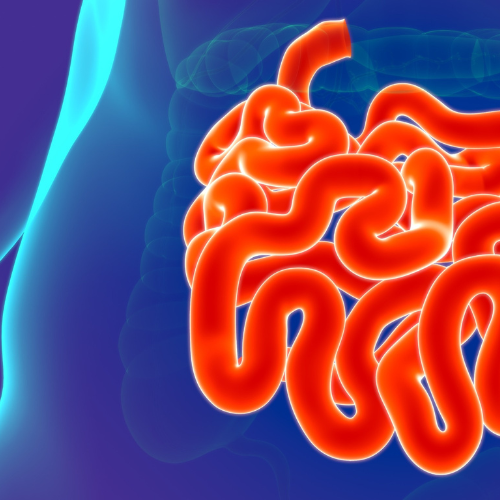Today, I wanted to talk about something that has been referred to as a “medical mystery” and is becoming a growing concern in the health community—leaky gut, or intestinal permeability. Despite some skepticism in the medical community, emerging research suggests that leaky gut may be linked to various health issues, from gut troubles and autoimmune diseases to mental health concerns.
Understanding leaky gut and its potential impact is crucial because our gastrointestinal system is not just a digestive tract but a complex network with many functions that affect our overall health.
So let’s talk about what leaky gut is, how it happens, and what you can do about it.
What is Leaky Gut?
Your gastrointestinal tract is a sophisticated system that not only digests food but also acts as a gatekeeper, allowing essential nutrients into the bloodstream while keeping harmful substances out. Leaky gut occurs when the tight junctions in the gut lining become loose, allowing unwanted particles like food particles, toxins, and bacteria to enter the bloodstream, triggering an immune response and inflammation.
Symptoms of Leaky Gut:
Leaky gut symptoms can resemble those of other digestive conditions such as inflammatory bowel disease (IBS) and celiac disease. These symptoms include diarrhea, constipation, cramps, bloating, and food sensitivities. However, because the bloodstream carries the absorbed particles throughout the body, symptoms can also include fatigue, headaches, joint pain, skin problems, and even mental health issues like anxiety and depression.
Causes of Leaky Gut:
The exact cause of leaky gut isn’t fully understood, but several factors can contribute. These include genetics, medications, gut infections, a diet low in fiber, high sugar and fat consumption, stress, and an imbalance in gut microbes. Aging can also weaken the gut barrier, making it more susceptible to leaks.
Addressing Inflammation and Diet:
One of the best ways to manage leaky gut is to reduce inflammation and adopt a gut-friendly diet. This involves cutting down on alcohol, processed foods, and artificial sweeteners. Instead, focus on foods rich in probiotics and fiber, such as yogurt, kefir, fermented foods, fruits, vegetables, nuts, seeds, and whole grains.
Increase Fiber Intake Gradually:
If you’re increasing your fiber intake, do it gradually to avoid gut discomfort like gas and bloating. If you have IBS, consult with your doctor to identify which fibers might worsen your condition and which are beneficial.
Regular Exercise:
Exercise can aid digestion and promote a healthy gut. Even a 15-20 minute walk after meals can help. Regular physical activity supports overall digestive health and reduces inflammation.
Manage Stress and Prioritize Sleep:
Stress management and quality sleep are crucial for gut health. Practices like mindfulness, yoga, and ensuring adequate sleep can significantly reduce stress and improve gut function.While leaky gut remains a complex and somewhat elusive condition, adopting a gut-friendly lifestyle can significantly improve your symptoms and overall health.

While leaky gut remains a complex and somewhat elusive condition, adopting a gut-friendly lifestyle can significantly improve your symptoms and overall health.
Focus on a balanced diet, regular exercise, and stress management to support your gut and enhance your well-being.

